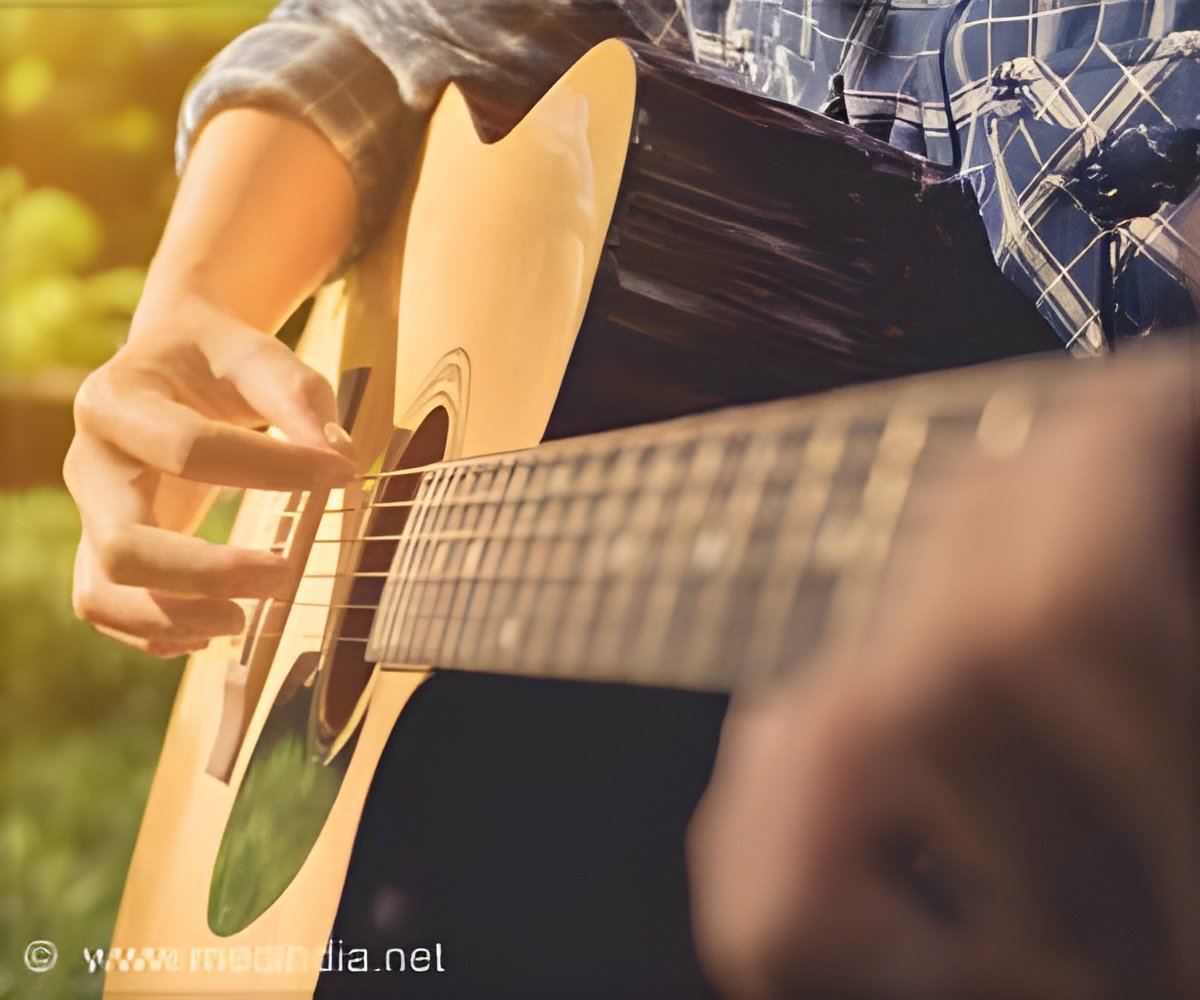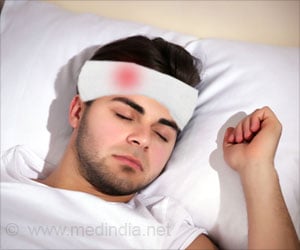Why do Performing artists need to protect themselves from injury just as how athletes do?

‘A physician who is aware of the passion for performing can work with the artist to develop personalized strategies for avoiding injury.
’





“It’s easy to see how an athletic dancer might fall and suffer a sprained ankle or broken wrist,” said Dr. Kiyomi Goto, a family medicine physician with Penn State Health in State College. “However, every performing artist is at risk for injury, from a singer who strains vocal cords to a violinist who risks carpal tunnel syndrome.”Goto urges every performing artist to establish a good relationship with an appropriate medical professional long before injuries occur. “A physician who is aware of the passion for performing can work with the artist to develop personalized strategies for avoiding injury,” she said. “This type of proactive health care is the best path to a long and healthy life as a performer.”
Performers face two basic types of injuries. Acute injuries result from a traumatic event, while overuse injuries are caused by repetitive actions that create small amounts of trauma over time. They can take steps to protect against both:
Create a reasonable practice and performance schedule that is in line with the ability level and conditioning. Just as an aspiring runner takes weeks or months to build to a 5-kilometer race, a performing artist should gradually build intensity and duration to the amount required during a performance.
Seek medical attention before minor discomfort turns into an injury that requires weeks or months of treatment and downtime.
Advertisement
“Even audience members can suffer temporary hearing loss after attending one high-decibel rock concert, so it’s no surprise that musicians may face permanent damage over time,” she said.
Advertisement
Hearing checkups custom-fitted musician’s earplugs, which reduce decibel levels while maintaining sound quality.
When possible, rehearse at a sound level lower than needed for performances.
Avoid other kinds of loud noises or take precautions against the sound produced by snowmobiles, chainsaws or loud televisions, so music-induced hearing loss is not worsened.
Source-Newswise











